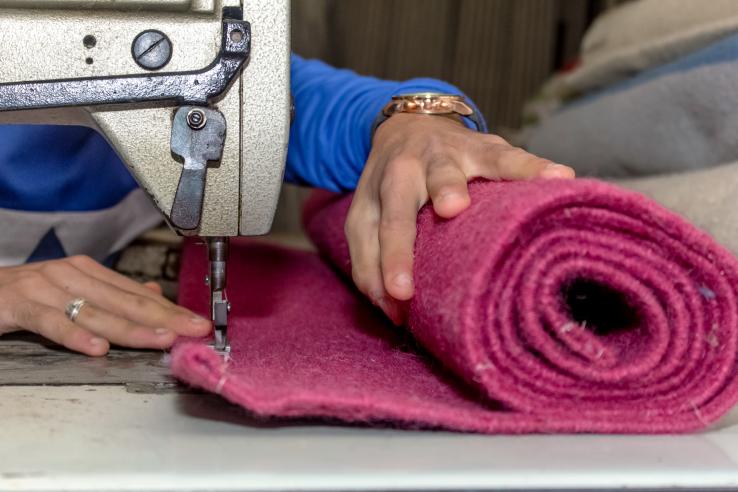Displaying 1621 - 1635 of 8080
Evaluation
Researchers evaluated the impacts of increased exposure to financial markets on participants’ financial literacy and investment behavior in Israel, and found it reduced the gender gap in financial literacy and confidence. They found that engaging in financial markets increased participants' understanding of basic financial concepts, and reduced the gender gap in financial literacy, self-assessed financial knowledge, and subsequent stock investment.
Evaluation
The researcher evaluated the impact of providing eligible women with program information and various levels of application assistance for the Delhi Widow Pension Scheme on program knowledge, application completion, and enrollment. Offering more involved application assistance increased average application rates, particularly among more vulnerable women.
Evaluation
Researchers used data on lottery winners in Sweden to determine whether receiving an influx of cash affected the labor supply decisions of winners and their spouses. They found that lottery winners reduced their labor supply, suggesting that cash transfers can have an effect on labor market outcomes.
Person
Dina Pomeranz is an Associate Professor of Applied Microeconomics at the University of Zurich. Her research focuses on public policies toward firms and entrepreneurs in developing countries. In particular, she has conducted large-scale randomized field experiments about tax evasion by firms and...
Evaluation
Researchers partnered with Aid to Artisans (ATA), a US-based nonprofit, and Hamis Carpets, an Egypt-based distributor, to provide small-scale rug manufacturers the opportunity to export to high-income countries. Offering small firms the opportunity to export rugs to high-income markets increased firm profits through improvements in firm’s technical knowledge, efficiency, and product quality.
Evaluation
Researchers leveraged data from a randomized evaluation conducted by a large bank in Mexico to test the impact of varying credit card contract terms on loan default, card cancellation rates, and bank revenue for first-time formal sector borrowers. Variations in the interest rate and minimum payment rate had little impact on default, suggesting that contract terms may do little to mitigate risk among new borrowers.






